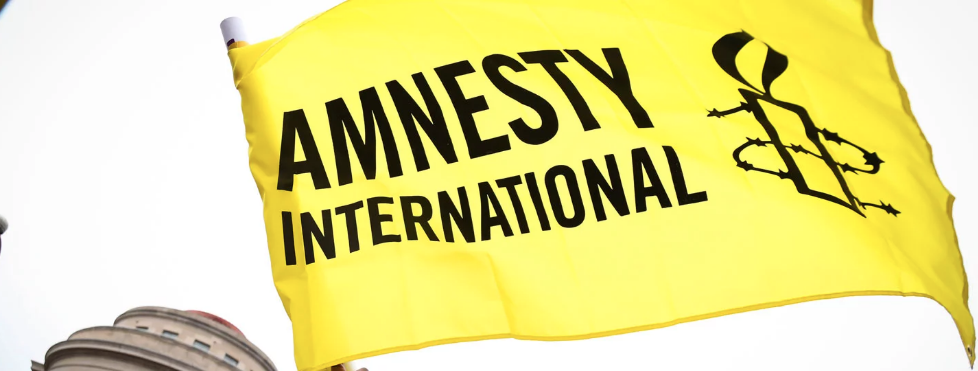Sri Lanka’s President Maithripala Sirisena must immediately halt his plans to execute four prisoners, Amnesty International said today.
Amnesty International is shocked by President Sirisena’s announcement that he has signed the execution warrants of four death row prisoners convicted of drug-related crimes, and that they will be hanged in “the near future.”
While the President has confirmed signing the death warrants, no names have been revealed and no details have been shared about any scheduled executions or information on the cases. The lack of transparency makes it impossible to ascertain whether these prisoners have exhausted clemency appeals or if all safeguards were followed in their conviction or sentencing. There is also no confirmation that the four prisoners, or their families, have been alerted to their imminent execution.
The executions would be the first time Sri Lanka has implemented the death penalty since 1976.
“We are outraged that the President has signed the first execution warrants issued by Sri Lanka in 43 years. In one stroke, he will undo all the country’s progress in putting a stop to the use of the ultimate cruel, inhuman and degrading punishment,” said Biraj Patnaik, South Asia Director at Amnesty International.
Earlier, Amnesty International had learned that there are 13 prisoners who are at grave risk of imminent execution. It is unclear if their execution warrants have also been issued and signed or that they will be in the future.
Executions for drug-related offences are unlawful. They do not meet the threshold for “most serious crimes” – i.e. intentional killing – to which the use of the death penalty must be restricted under international human rights law and standards.
“At a time when other countries have come to the realization that their drug control policies are in need of reform, and are taking steps to reduce the use of the death penalty, Sri Lanka is bucking the trend. This will be devastating to the country’s international reputation and we hope that President Sirisena will reconsider his decision,” said Biraj Patnaik.
States have a duty to ensure all proceedings have complied with international standards for a fair trial, including respecting the right to appeal, and to apply for clemency, and ensuring that the prisoners, their families and legal representatives are given adequate notice of any plans to carry out the execution.
Amnesty International absolutely opposes the death penalty in all circumstances. The human rights organization calls on the Sri Lankan government to halt its current execution plans and establish an official moratorium on the implementation of death sentences, with a view to abolishing the death penalty altogether.
Background
Amnesty International has repeatedly called on President Sirisena to halt his plans to resume executions, making clear that the death penalty does not have a unique deterrent effect on crime. The human rights organization absolutely opposes the death penalty in all circumstances, regardless of the crime committed or method of execution.
In the briefing, Sri Lanka: Halt Preparations to Resume Executions, Amnesty International highlights how the death penalty in Sri Lanka is being used in circumstances that violate international law and standards, has failed to act as a unique deterrent to crime in other countries, could claim the lives of people who may have been convicted through unfair trials, and could disproportionately affect people from minority and less advantaged socio-economic backgrounds.
Sri Lanka is a state party to the International Covenant on Civil and Political Rights, which sets the abolition of the death penalty as the goal to be achieved by countries that still retain this punishment. Instead of resuming executions, the Sri Lankan authorities must take measures to erase the death penalty from the country’s laws.






















